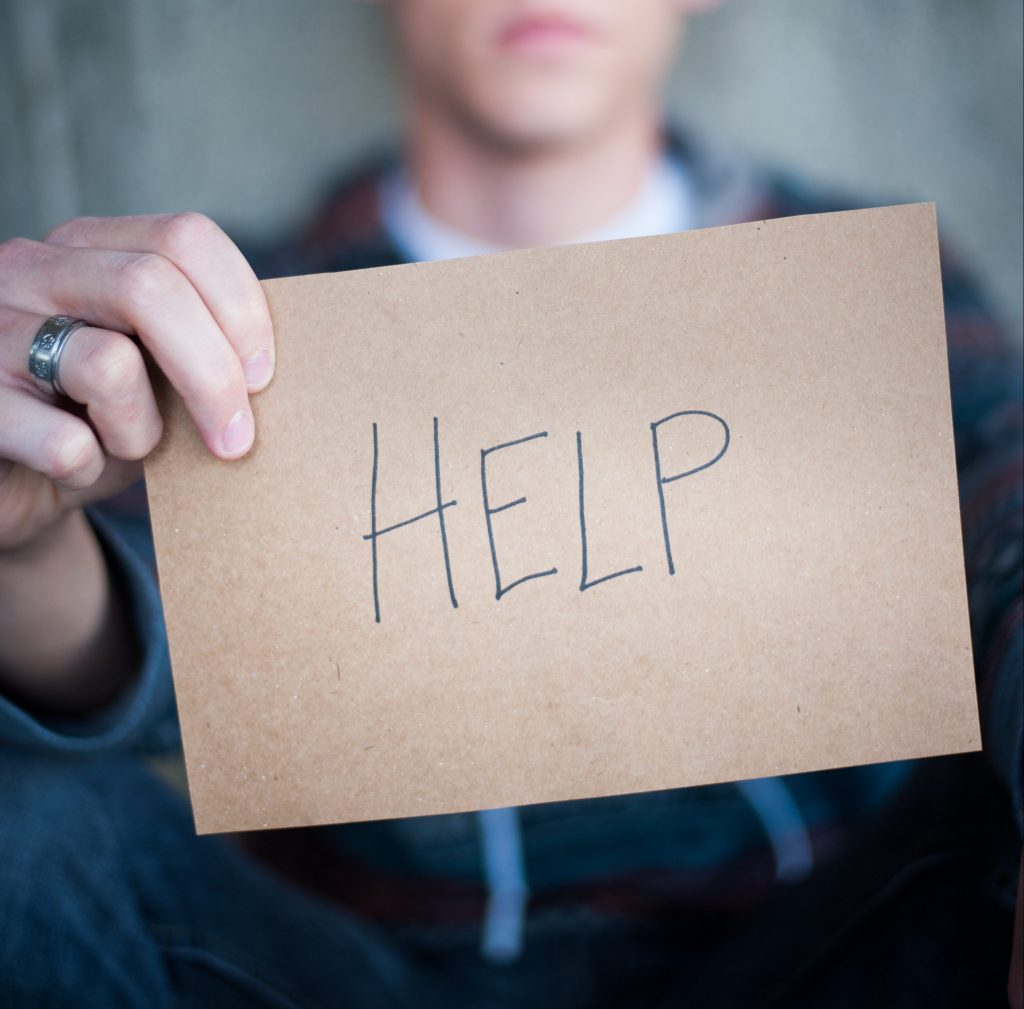BYU social work professor Kevin Shafer addresses the stigmas against depression and how it affects men within the LDS culture.
“Depression is seen as a sign of personal weakness, unreliability and unpredictability,” Shafer said. These thoughts are the fuel for stereotypes that follow mental illness and all those that are affected by it.

Shafer began his class by showing a list of multiple stigmas against males with depression and asking for classroom participation. The list had two sections, one for stigma within the community and one for stigma within the LDS church.
- People with depression are different than normally functioning people
- Those with depression are not to be trusted
- Depression makes people dangerous
- Depression is a self-inflicted problem
- People with depression are hard to talk to
- Those with depression need to be pitied
- Depression prevents good relationships
- It is impossible to love others when you struggle with depression
- Depression is caused by sin
- Someone is to blame for this mental illness
- All people with depression need is a priesthood blessing and they will be fine
- Depression means you are just lacking willpower
- Mentally ill people are dangerous
- Depression does not appear in children, young adults or males
- Depression is untreatable
- People become depressed because they don’t have enough faith
- Mental health issues can be prayed away or done away with by attending the Temple
The conversation soon broadened to encompass how both men and women with depression feel stereotyped and misunderstood. As Shafer talked with those in attendance there was a general agreement that despite scriptural promises of happiness, they often did not feel happy. Even when people with depression seem to be doing everything right, in their mind it is never enough.
“This is because depression causes a disconnect in how you think about the world,” Shafer said.
No matter how forgiving and loving someone with mental illness is to others, it is likely that they refuse to express forgiveness and love towards themselves, explained Shafer. This self-doubt not only affects those with depression, but also their family members and friends.
“The only solution is to change our thinking,” said Shafer.
The person that is depressed must change how they think about themselves and family and friends must change how they stereotype their loved one.
Those that have depression need to acknowledge that each day they should give their best. However, each day their best may be something different. Even when giving 100 percent is not an option, if you give what you can then today can be counted as a success.
“The most important thing for family and friends to do is to be a fearless advocate,” Schafer said. As society continues to educate themselves about mental health the stigmas that face everyone influenced by depression will begin to disappear.
For more information about depression or personal stories from those affected by mental health illnesses visit the LDS Mental Health website.




